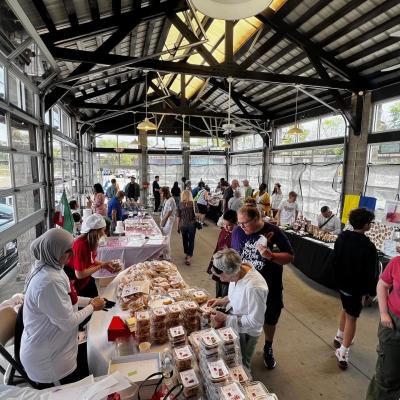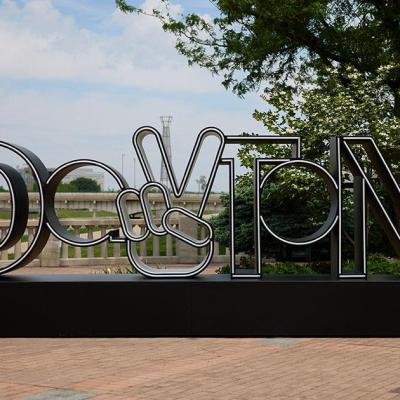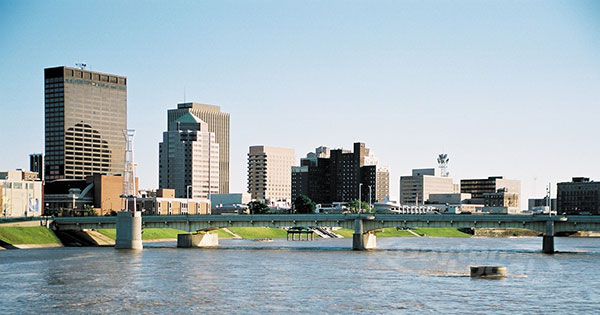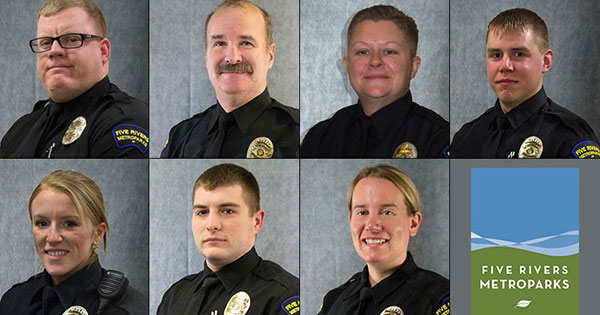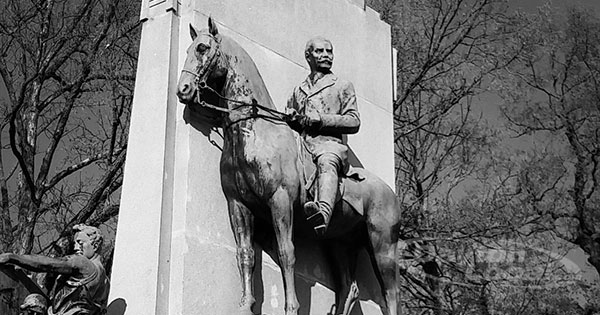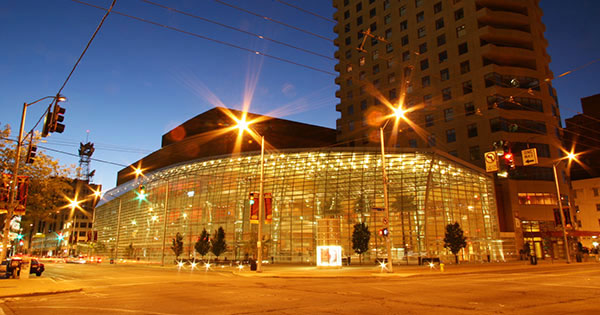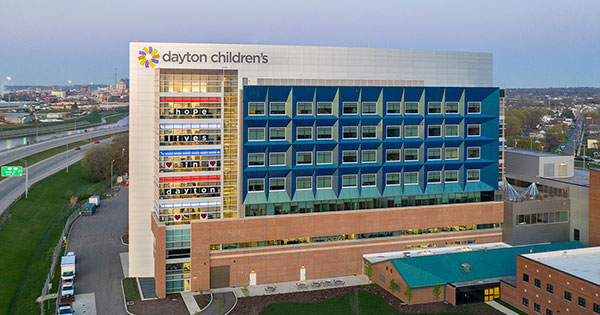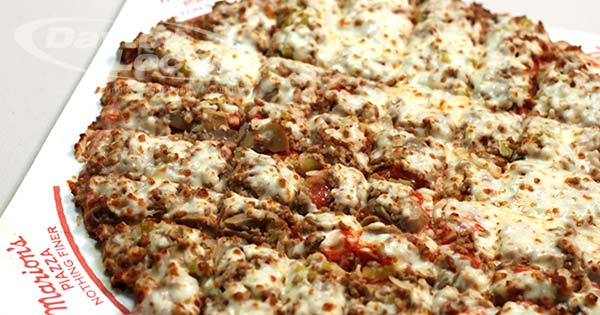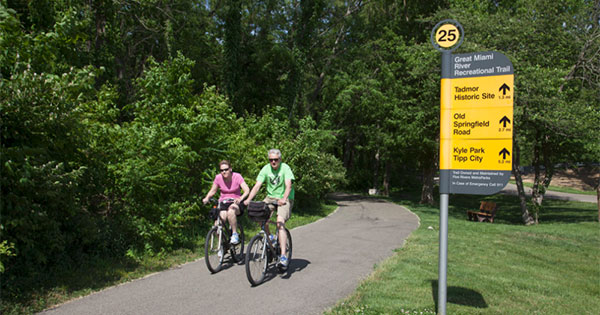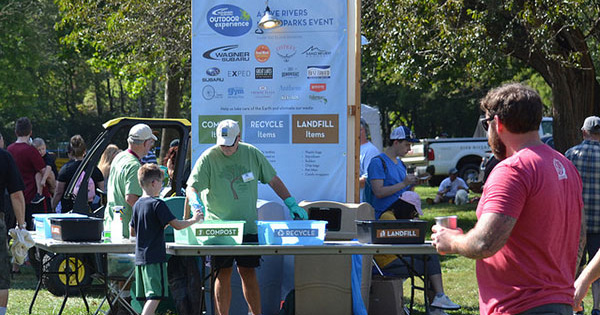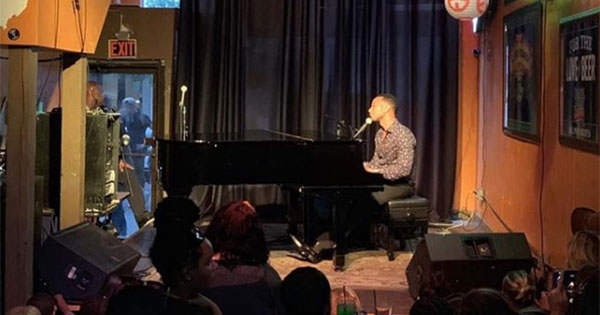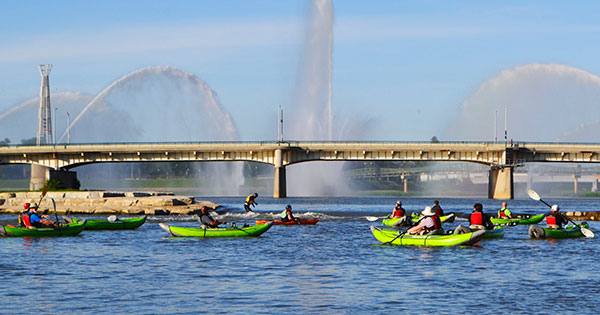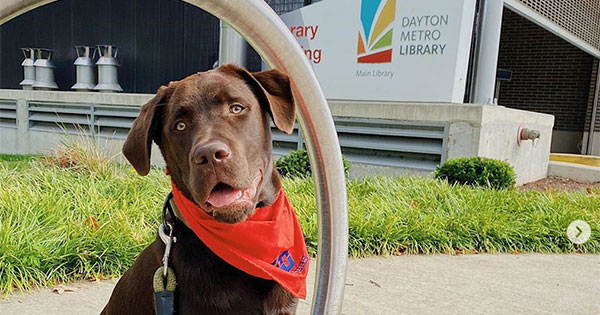Check Your Closet for Clothes That Work
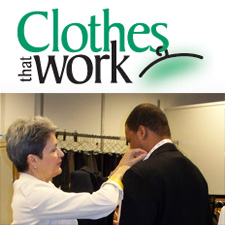
Is there an old suit or dress in your closet that hasn't seen the light of day in years? For someone in Dayton, it could be the key to a new job. Clothes that Work is a local non-profit organization dedicated to giving struggling Dayton residents the keys they need to succeed in job interviews.
Check Your Closet for Clothes That Work
Is there an old suit or dress in your closet that hasn't seen the light of day in years?
For someone in Dayton, it could be the key to a new job.
Clothes that Work is a local non-profit organization dedicated to giving struggling Dayton residents the keys they need to succeed in job interviews. And for many of them, says executive director Lindsay Ackley (who recently announced she'd be stepping down to accept a position at Children's Medical Center in Dayton), success depends on looking the part.
Dayton Local: What services does Clothes that Work provide?
Lindsay Ackley: "We started about 15 years ago by businesswomen who saw a need in the community. It was at the time of welfare-to-work reform, and especially single moms getting time limits on their cash assistance, and they were getting job training when they went to interview for jobs, all they had to wear were jeans and sweats, and they weren't able to present the image that employers needed to see in order to give them a change."
"They got together, and we served probably 300 women that first year, and since that time we've expanded to serve men and older teens as well, and we now serve about 1,800 people each year."
"We also have a ‘fairy godmother' project where we distribute prom dresses to girls in the spring, so we take formal gowns and accessories for that as well."
DL: Where did the idea come from?
LA: "There are similar programs across the country, and it was several businesswomen who saw an article about a similar program in another community and they said to each other, ‘you know what? We have suits here in our closets that we're not using, why not donate and start an organization like this here in Dayton?' It helps some of these women who are transitioning from welfare to work, so they're able to present that work-ready image that they need to present to employers, and they'll feel confident in themselves, that they have the skill set and they can contribute to the workforce even if they haven't before."
"Our program is unique across the country, there are not many that serve men, and many of these are started for women by women and haven't expanded to the male population. But when we opened we saw there was definitely an opening for men.
We then expanded to the older teens, so we started working with some of the alternative high schools that require their students to work part-time and also with children's services independent living programs, they're foster teens that are getting ready to be emancipated when they turn 18 and are out on their own. We provide interview skills training classes for them as well as an interview outfit they can go out with."
DL: How can people help?
LA: "We always need volunteers. We're still a very small grassroots organization with just five people, so we depend on 30-40 regular volunteers who help sort clothing, run a retail boutique which has become a funding stream for the organization, and to dress our clients in our interview and work program. We have volunteers who work on fundraising and program committees and our board. Volunteers are a huge need. We especially need people through the week that come in on a regular basis to volunteer once a week or every other week."
"We take clothing donations, anything from interview clothing to accessories, ties, jewelry, purses, shoes; we take personal hygiene products that we can give out to our clients, many of whom are in transition with housing, or could be in a shelter or couch surfing. Those things are helpful. We take items we can use in our resale boutique, things that are too casual or formal for the workplace get donated to the retail space, which is again all-volunteer-run, so the money we generate there goes back into the program."
"Cash donations are always helpful to purchase the things we don't get enough of. We never have enough plus-sized clothing; we buy new dress socks for the men, things that don't normally get donated to us. Certainly cash donations are always welcome as well."
Links & Tags
Clothes That Work.
Clothes That Work - Clothes That Work empowers clients to secure and maintain employment by providing interview and workplace appropriate clothing, confidence building education, and coaching services.



